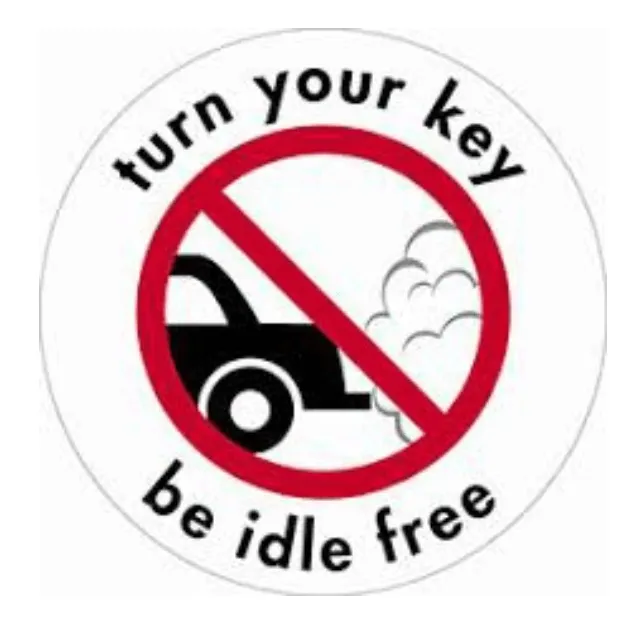UVM is committed to reducing the impact of driving by promoting eco-driving and idle-reduction practices. Eco-driving is a style of driving that significantly reduces the impact of gas on the environment by reducing fuel consumption, thereby saving you money and extending the life of the vehicle.
What are the Benefits of Eco-Driving?
Answer: by practicing “Eco-driving” you can be a safer driver, reduce exhaust emissions, save fuel, and save yourself some money at the gas pump.
How Does Eco-Driving Work?
Answer: Eco-driving is classified as a style or type of driving. It works by reducing an automobile’s exhaust emissions through the automobile’s operation or driving.
Helpful Tips to Becoming an Eco-Driver
- Accelerate and decelerate smoothly.
- Avoid excess idling in non-traffic situations.
- Observe the posted speed limits. Drive either at or under the posted limit. The EPA estimates a 10-15% improvement in gas mileage by driving 55 mph instead of 65 mph
- Keep tires properly inflated to the recommended pressure. This alone can reduce the average amount of fuel you use by 3-4%.
- Maintain a steady speed. The use of cruise control on the highway is ideal (except in hilly terrain), because it decreases gas pedal activity.
- Air conditioning should be used selectively as to reduce the load on your engine.
- Remove excess weight. All unnecessary weight (such as unneeded items in the trunk) makes the engine work harder, consuming more fuel.
- Plan and consolidate your trips.
- Share a ride and/or carpool.
- Avoid "topping-off" the gas tank when refueling. Overfilling your gas tank could result in spilled gasoline that contributes to air pollution when it evaporates.
- Today's engines don't need to be warmed up in the winter. Prolonged idling creates excess emissions and wastes fuel. In fact, more than 10 seconds of idling uses more fuel than is required to restart the engine
By following these simple tips you are on your way to saving time, money, and the environment and helping to contribute to the University’s Climate Action Goals.
Additional Information: Be Idle Free Vermont
